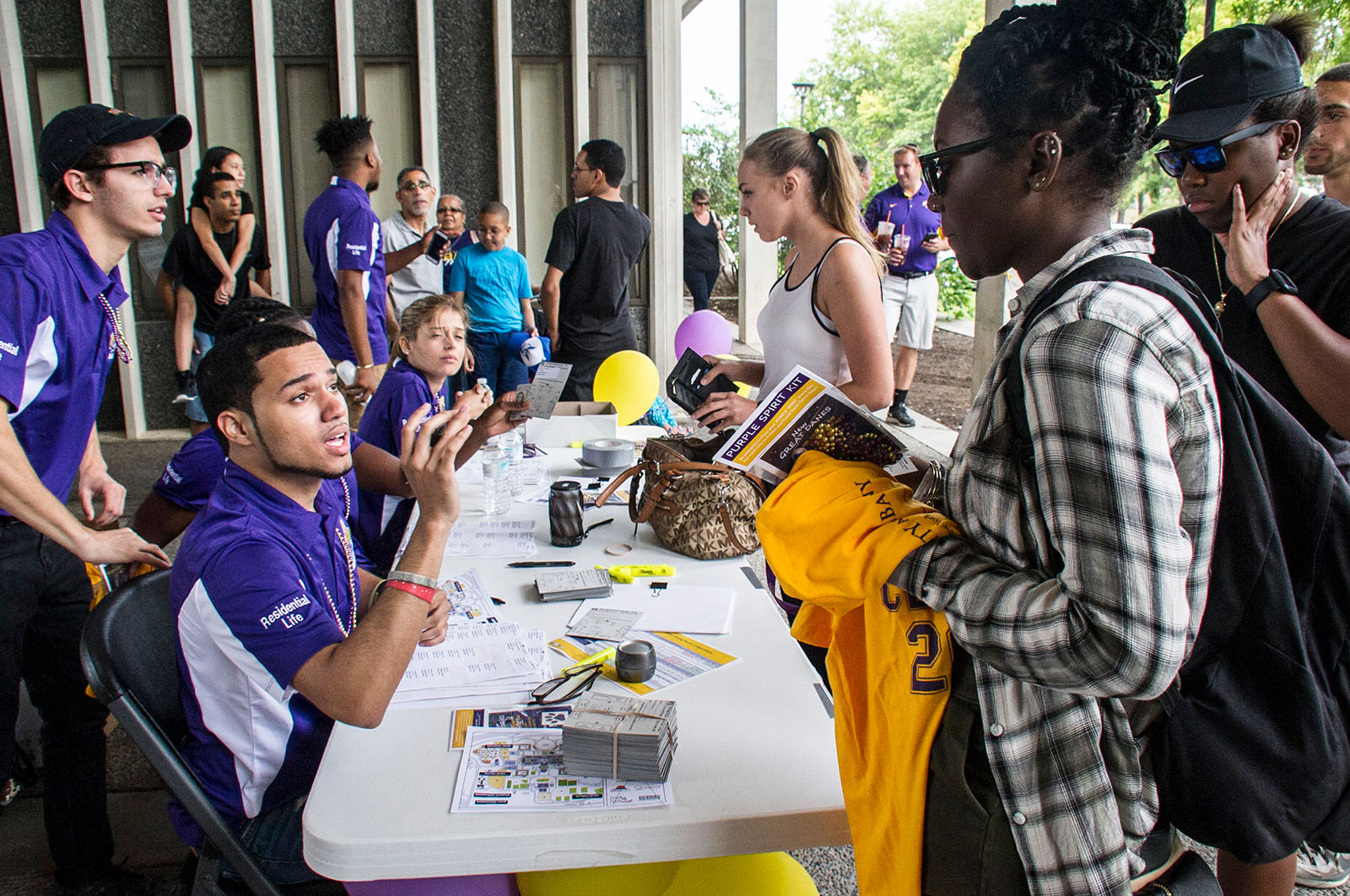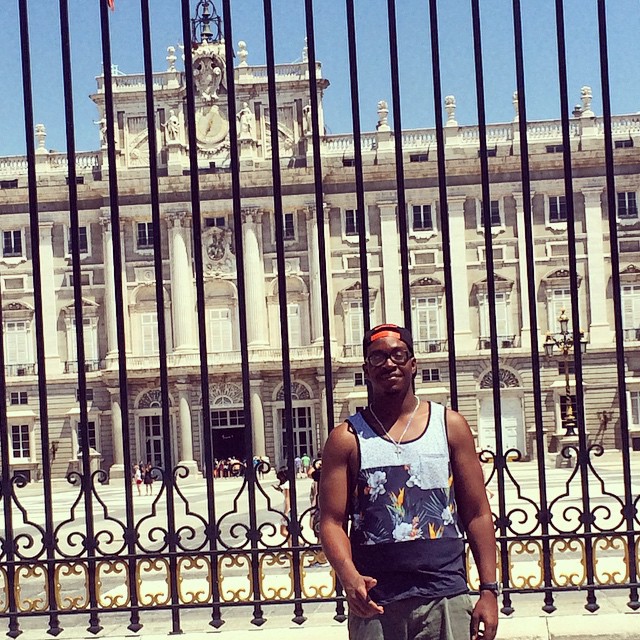Learning objectives that UAlbany students are expected to attain through their course of study within their academic program.
- Analyze visual and structural features of works of art and architecture.
- Identify and describe salient aspects of form, structure, and medium.
- Use art historical terminology.
- Interpret cultural significance of art, and architecture.
- Identify, analyze iconography and representational, symbolic elements; assess meaning from perspective of artist, patron, viewer, and/or function. Identify cultural artifacts influencing work of art.
- Practice key elements of the discipline of art history.
- Compare/contrast images and structures using traditional art historical practice.
- Identify scholarly resources for research in art history; present findings in oral and written form.
- Relate works of art and architecture to their wider historical context.
- Locate works of art and architecture within a chronological framework.
- Identify key historical events, movements, and ideologies that impinge upon artistic production.
- Write coherently and persuasively in the art historical idiom. Formulate coherent sentences and essays. Assess and revise writing for accuracy and effectiveness of argumentation.










